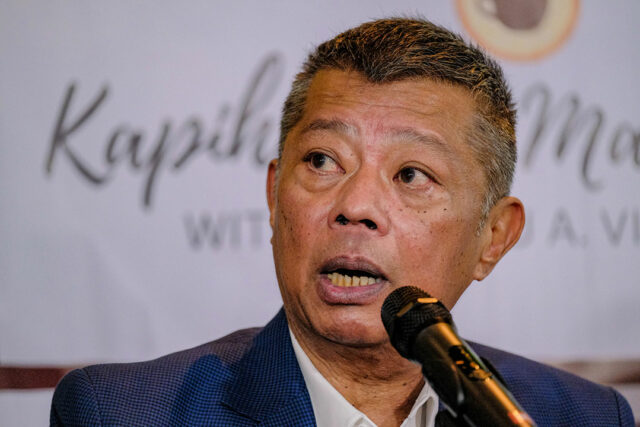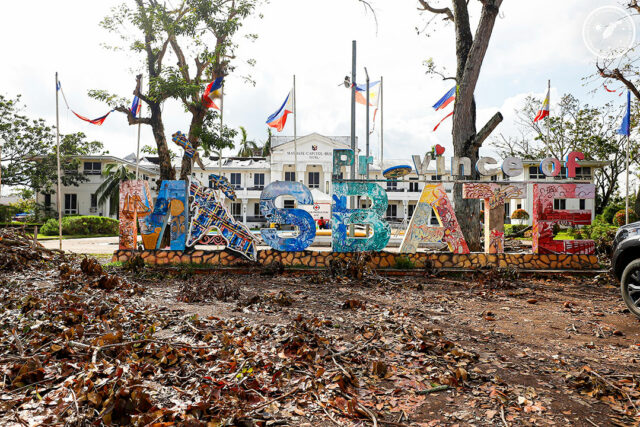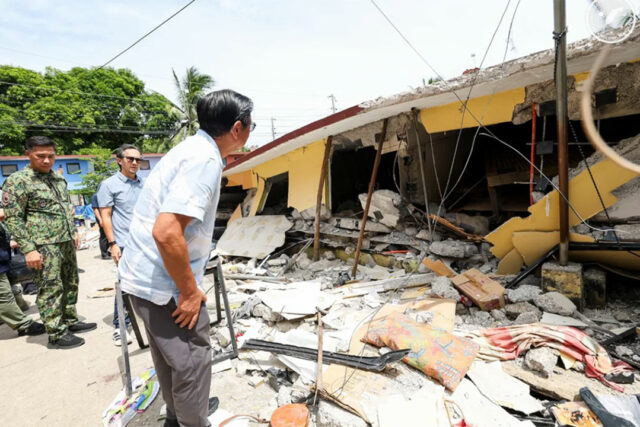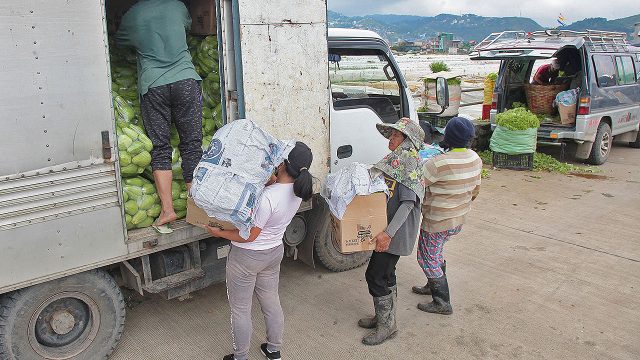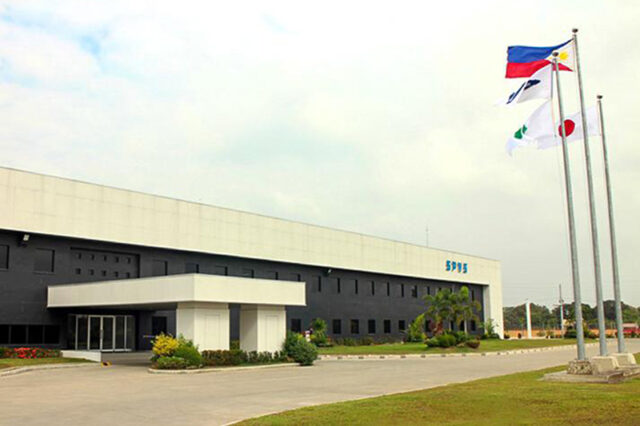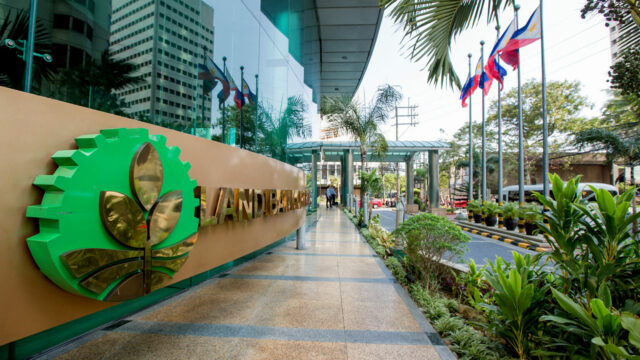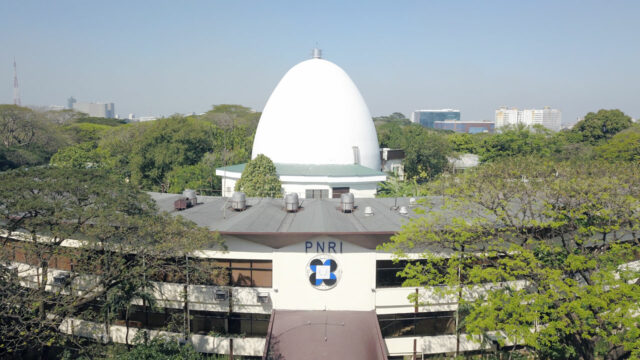BAGUIO CITY — Party-list Rep. Terry L. Ridon criticized Baguio City Mayor Benjamin B. Magalong on Thursday, accusing him of being a hypocrite for rejecting scrutiny of a city project linked to a controversial contractor.
Mr. Ridon said Mr. Magalong should not avoid questions if he truly supports transparency and good governance.
At the center of the issue is a P110-million tennis court project in Baguio City, which involved a firm connected to the Discaya family.
The Discayas are being investigated for their alleged role in ghost and substandard flood control projects.
Mr. Ridon pointed out that this raises questions about Mr. Magalong’s decision to hire such a firm.
Mr. Magalong, according to Mr. Ridon, admitted that the city had only been dealing with a subcontractor — something that both the Senate and House are currently investigating as a red flag.
Mr. Ridon said these kinds of arrangements are often used to cover up poor-quality work and need to be looked into, especially when public funds are involved.
Mr. Ridon clarified that there is no evidence so far of corruption or kickbacks in the Baguio project. However, there are concerns that the project may be substandard.
He said it is only right for the public to ask questions and that even officials who promote good governance must also be open to investigation.
He also criticized Mr. Magalong for staying silent.
President Ferdinand R. Marcos, Jr. had already named the Discayas in August, and the family admitted to controlling several firms. “But Magalong said nothing about the Baguio project until a news report came out in late September,” Mr. Ridon raised.
Mr. Ridon believed this silence and Mr. Magalong’s refusal to allow scrutiny do not match his public image.
“If Mayor Magalong really believes in accountability, he should apply the same standards to himself,” Mr. Ridon said.
In a related development, Baguio City councilor Jose Molintas said the Discayas have already been invited by the Baguio City council and expected to be present on Oct. 30 at the Baguio City Council session to answer questions about the tennis court and parking facility project.
The city council have also invited the city building official including former Bids and Awards Committee (BAC) chairman, former City Administrator Bonifacio dela Peña to face local legislators for the inquiry.
Meanwhile, Mr. Magalong believes he was quietly pushed out of the Independent Commission for Infrastructure (ICI) because his investigations upset powerful people.
“I think I struck a nerve,” he had recently said, suggesting that his work “may have hit too close to home” for some involved in alleged irregularities.
Mr. Magalong was appointed as a special adviser to the ICI body no more than a month ago, but resigned Friday last week.
Soon after his appointment, Malacañang clarified that he was not a lead investigator and had no official authority in decision-making.
Mr. Magalong believed this move weakened his role and made it difficult for him to do his job effectively.
He denied that his resignation was due to a conflict of interest, as some officials had claimed.
“There is no conflict. That issue was just used to distract from the real problem,” Mr. Magalong said.
“Palalabasin pang pati ako corrupt,” he grunted referring to alleged “conflict of interest” in relation to the controversial P110-million Baguio tennis court and parking facility.
Mr. Magalong though believes, the real reason he was edged out was because his work was beginning to reveal uncomfortable truths.
Mr. Magalong explained his decision to step down from the ICI was meant to protect its credibility. He said he did not want to be a distraction, especially amid questions over the commission’s independence.
“It became clear they didn’t want me there,” he added.
Despite his exit, Mr. Magalong said his fight against corruption is not over.
“My commitment to truth and justice continues,” he said, vowing to keep pushing for accountability even outside the ICI.
The Palace had said it respects Mr. Magalong’s decision to resign and assured the public that the ICI will continue its anti-corruption work. — Artemio A. Dumlao

